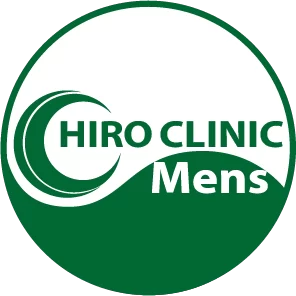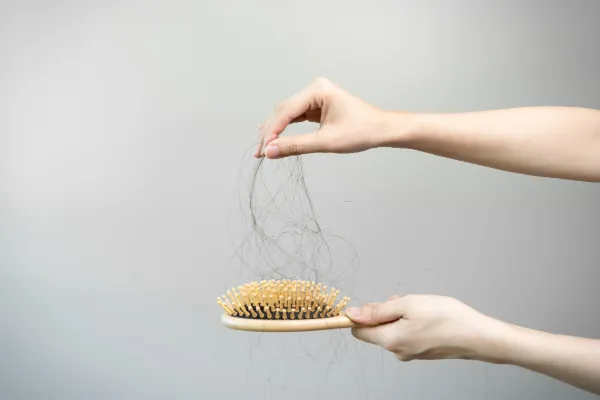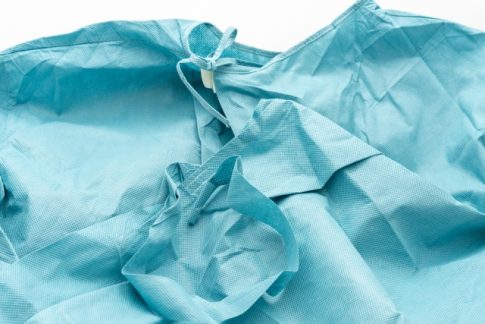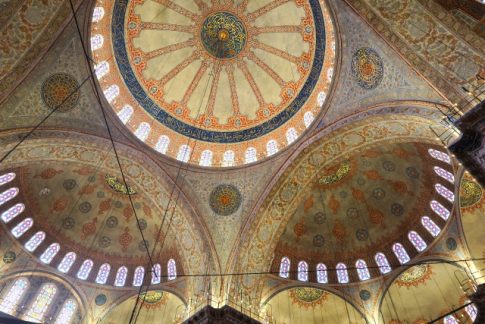この記事の概要
For men suffering from thinning hair, hair transplant surgery is an attractive solution. However, care during the recovery period following surgery has a significant impact on the success of the procedure. One of the most important factors is the quality of sleep. Proper sleep promotes physical recovery and aids in the establishment of transplanted hair. This article details the importance of sleep during the recovery period after hair transplantation.
Overview of Hair Transplant Surgery
Hair transplant surgery is a procedure that aims to restore natural hair to people who are suffering from thinning or balding hair. Typically, healthy hair is taken from the back or sides of the head and transplanted to the thinning area . With advances in technology, hair transplant surgery can now achieve a very natural look, but post-surgery care is very important.
How sleep quality impacts recovery
1. Promotes recovery
During sleep, your body repairs and regenerates itself. When you enter a deep sleep state, growth hormones are secreted, which promotes cell repair and regeneration. After hair transplant surgery, your scalp will have many small wounds, so getting enough sleep helps these wounds heal.
2. Reduces inflammation
Inflammation after surgery is a natural response, but it can be reduced by getting adequate sleep. Deep sleep reduces the production of the stress hormone cortisol, which reduces inflammation in the body.
3. Improves immunity
Good quality sleep strengthens your immune system. A strong immune system is necessary to reduce the risk of infection after surgery and to keep the hair transplant site healthy.
How to Improve Your Sleep Quality
1. Creating a comfortable sleeping environment
A quiet, dark bedroom environment promotes good quality sleep. It is important to keep your bedroom temperature moderate and use a comfortable bed and pillow.
2. Establish a Consistent Sleep Schedule
Going to bed and waking up at the same time every day helps regulate your body clock. A consistent sleep schedule promotes deeper sleep.
3. Stress management
It is easy to feel stressed after surgery, but managing your stress will have a big impact on the quality of your sleep. Try relaxation techniques, light exercise, yoga, etc. to help relax your mind and body.
4. Limit your use of electronic devices
It is recommended to refrain from using electronic devices such as smartphones and computers one hour before going to bed. Blue light interferes with the secretion of melatonin, the sleep hormone, and reduces the quality of sleep.
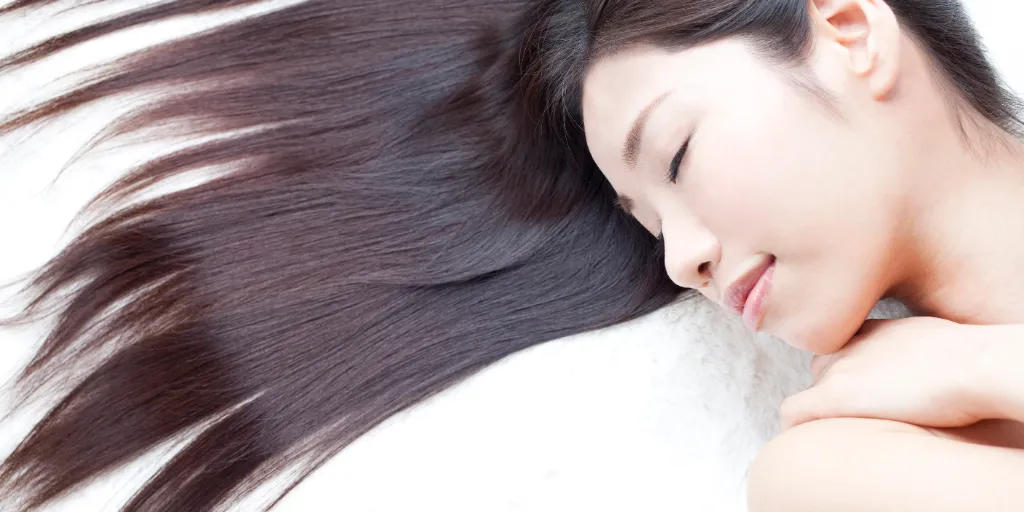
How to sleep after hair transplant surgery
1. Sleep with your head elevated
After hair transplant surgery, it is important to sleep with your head elevated. This will reduce swelling in the scalp and increase blood flow to aid recovery. The use of extra pillows and specialized bedding is recommended.
2. Maintain a specific sleeping position
After surgery, you will need to sleep in a specific position to protect the transplanted hair. Sleeping on your back is often recommended, but follow your doctor’s instructions.
3. Regular scalp care
Your doctor may prescribe certain treatments or lotions to use at night to help keep your scalp healthy.
Precautions after hair transplant surgery
1. Regular follow-up
Regular follow-up after surgery is very important. Keep in communication with your doctor and consult with him/her immediately if you notice anything unusual.
2. Maintain a healthy lifestyle
A balanced diet and adequate exercise are also important factors in aiding recovery, especially a diet rich in vitamins and minerals.
Summary
Hair transplant surgery is a ray of hope for men who are struggling with thinning hair , but care must be taken during the post-surgery recovery period. Quality sleep is crucial to promote recovery and help transplanted hair take root. Ensure good quality sleep by creating a comfortable bedroom environment, establishing a consistent sleep schedule, and managing stress. Taking these measures can increase the success of your hair transplant surgery and ensure healthy hair regrowth.
Hiro Clinic Hair Transplant
Hiro Clinic recommends Natural Pro FUE treatment, which can be used on hairless areas where oral medication or injection therapy is ineffective, and leaves barely noticeable scars. Hair roots are harvested from the back of the head and partially shaved, making post-operative care easier, and only the required number of hairs are transplanted with a natural finish. It is a same-day procedure using local anesthesia, and provides gentle, gradual hair growth at an affordable price, making it a safe option in Japan.
